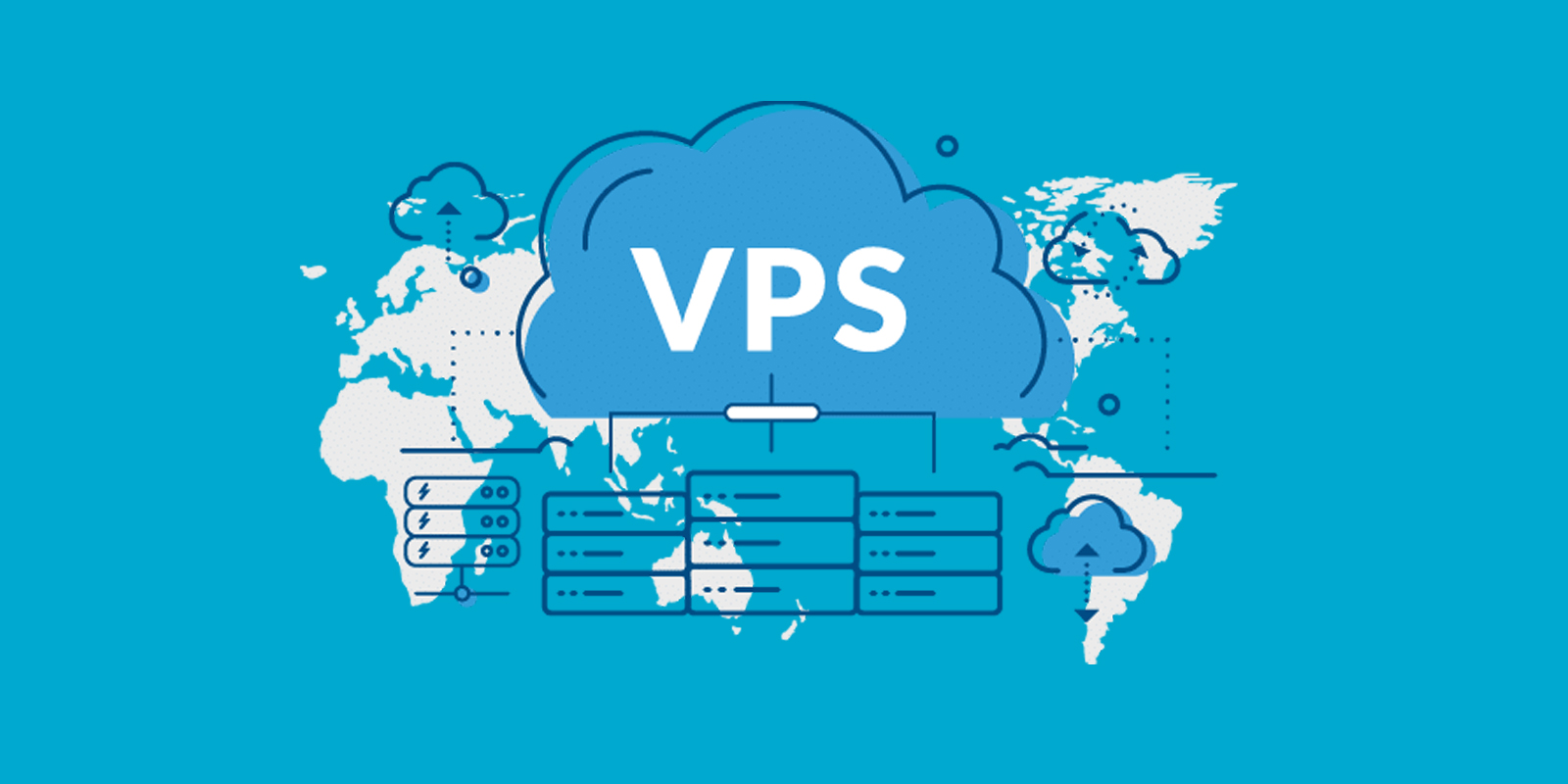What Is Shared Hosting?
Shared hosting is a web infrastructure solution service for small-size websites. Shared hosting means multiple websites share a single physical server. The server’s resources, such as CPU, RAM, storage, and bandwidth, are shared among all the websites hosted on that server by specific softwares.
Pros of Shared Hosting
1. Low cost
Shared hosting is usually very cost-effective because multiple websites share the resource and the cost of a single physical server. Generally, the cost of shared hosting is starting from 2.9 dollars/mo. Sharing hosting is a great option if you are about to start your website.
2. Easy To Set Up and Management Your Website
Most shared hosting companies provide one-click WordPress installation service. And some of them provide user-friendly CPanel which allows you easily set up you website, email accounts, databases and other features you need to start your business without any network expertise.
3. Zero Server maintainence
With shared hosting, the hosting provider takes care of server maintenance tasks, such as hardware upgrades, software updates, security patches, and server monitoring. This relieves users of the responsibility of managing the server infrastructure.
4. Technical Support
Most shared hosting companies provide excellent 7/24 hours customer service. You can reach them by instant messenger or email and get reponse very soon. To have gooe techical support, it’s better to choose the big and gooe reputation web hosting companies.
5. Scalability
Shared hosting is great for small business. However, small business can grow by time. If the traffic of your website go beyond the limit of the resources of shared hosting. You have an option to upgrade your shared hosting plan or to other delicate service as your website grows.
Cons of Shared Hosting
1. Limited Server Resource
Since multiple websites share the same server resources, there are limitations on the amount of CPU, RAM, and storage each website can utilize. If one website on the server experiences a surge in traffic or consumes excessive resources, it can affect the performance of other websites hosted on the same server.
2. Performance Variability
The performance of your website can be affected by the activities of other websites on the shared server. If one website experiences high traffic or consumes a large portion of the available resources, it can lead to slower loading times and reduced performance for other websites on the server.
3. Security Risks
While hosting providers implement security measures, the shared nature of the server means that vulnerabilities in one website can potentially affect others. Additionally, if another website on the server gets compromised, there is a risk of your website’s security being compromised as well.
4. Lack of Control
Since the server is managed by the hosting provider, users have limited control over server-level configurations and software installations. This can be restrictive for users who require specific server settings or software versions.
What is VPS Hosting?
VPS stands Virtual Private Server. VPS hosting is a type of web hosting service that utilizes virtualization technology to partition a physical server into multiple virtual servers. Each virtual server acts as an independent and private environment, providing dedicated resources and isolation from other virtual servers on the same physical machine.
Pros of VPS Hosting
1. Delicated Resource compared with shared hosting.
Each VPS instance has dedicated resources allocated to it, including CPU, RAM, storage, and bandwidth. This ensures consistent performance and eliminates the risk of other users on the server impacting your website’s performance.
2. More customization than shared hosting.
VPS hosting provides greater control and customization options compared to shared hosting. You have administrative access to your VPS, allowing you to configure server settings, install software, and customize the environment according to your needs.
3. Scalability
VPS hosting allows for easy scalability. As your website or application grows, you can upgrade the allocated resources (such as CPU, RAM, and storage) without the need to migrate to a different server. This scalability ensures that your hosting environment can handle increased traffic and resource demands.
4. More secure than shared hosting.
VPS hosting offers a higher level of security compared to shared hosting. Each VPS operates in isolation from others, reducing the risk of vulnerabilities or security breaches in one VPS affecting others. You have more control over security configurations and can implement additional security measures specific to your VPS.
5. More reliable than shared hosting.
With dedicated resources and isolation from other users, VPS hosting tends to be more reliable than shared hosting. Your website’s performance is not affected by the activities or resource usage of neighboring websites, ensuring consistent availability and response times.
Cons of VPS Hosting
1. More difficult to set up than shared hosting, technical knowledge required.
Managing a VPS requires some technical knowledge. While hosting providers often offer user-friendly control panels, users should be comfortable with server administration tasks, software installation, and troubleshooting.
2. Higher cost than shared hosting.
VPS hosting is generally more expensive than shared hosting. Dedicated resources and increased control come at a higher price. The cost of VPS hosting can vary based on the allocated resources, the hosting provider, and any additional features or services included.
3. Server maintenance required
Although the hosting provider manages the physical server infrastructure, as a VPS user, you are responsible for managing your VPS environment. This includes tasks such as software updates, security configurations, backups, and performance optimizations. Some hosting providers offer managed VPS services for an additional cost if you prefer assistance with server management.



